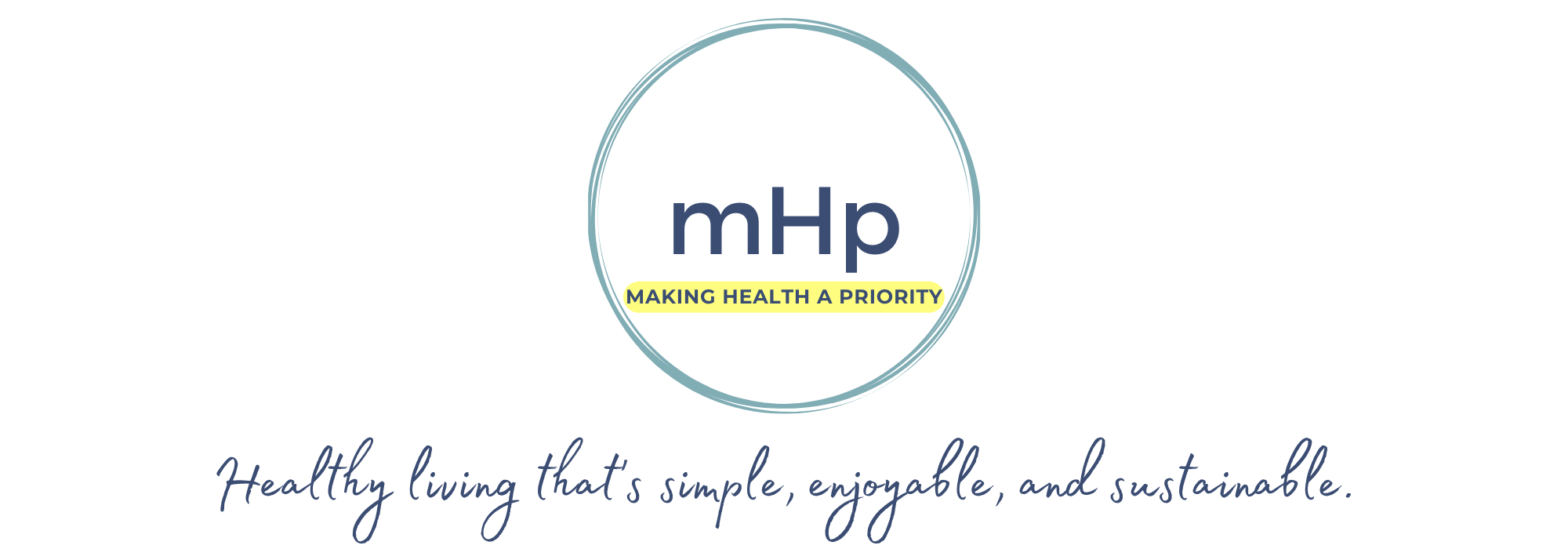A Difficult Lesson
Photo by Annie Spratt, Unsplash Images
Imagine yourself as a young child in elementary school. You've returned to school after Christmas break. Your teacher gives you a fun assignment, to write about your favorite Christmas present!
You eagerly write about your favorite gift, a harmonica. You describe what it looks like, explain how happy you were to get it, and write about how you like to play it.
Afterward, the teacher asks everyone to draw "from a hat" the name of a classmate. You are asked to respond to that classmate's paper. Once you have done that, you can respond to any classmates' papers that you wish.
You are enjoying this assignment. You respond to the classmate whose name you drew, then to many other classmates. You read about several gifts, and you respond that those gifts sound really neat!
You are excited to look at your own paper and see what kind of responses you got.
When you see your paper, however, you notice that it got only one response, from the classmate who drew your name. Nobody else bothered to write anything.
You look around at others' papers. They all have several responses.
How do you feel?
Left out? Unseen? Like your story doesn't matter?
This exact scenario happened to one of my children recently. I don't believe my child's classmates were trying to be cruel. And the the teacher had no idea that this assignment would later lead to tears in one of her students. I am also aware that there are children who face challenges and cruelty that are far worse than this.
But it still broke my heart.
It's hard enough to go through something like this yourself. But it's much harder to watch your child go through it.
I’ve seen some great articles about social isolation and loneliness shared on social media. In this article, Glennon Doyle Melton shares an incredible story of a math teacher who has found a creative way to keep children in her class from feeling left out.
In this article, Rachel Macy Stafford shares her own experience of feeling excluded by other parents while bringing her child to an extra-curricular activity. I love the quote she included from Dr. Dean Ornish, a physician I highly respect, whose work I have written about before. Dr. Ornish says this about loneliness:
"I am not aware of any other factor - not diet, not smoking, not exercise, not stress, not genetics, not drugs, not surgery - that has a greater impact on our incidence of illness, and chance of premature death."
In other words, loneliness and social isolation are extremely important factors when it comes to health. As human beings we are social creatures. “Pack animals," so to speak. Social and emotional nourishment matter... a LOT.
As a family, we talked about my child's experience of feeling left out. We shared our own similar experiences, acknowledging how painful it is, and that it's normal to feel that way. My husband and I let our children know that they are heard, valued, and loved, and that they do "belong," regardless of what happens at school.
As each of us shared our own experiences of feeling left out and lonely, we talked about what we learned from those experiences. We agreed that the biggest lesson is empathy - knowing what it's like to walk in those shoes, and being careful to not inflict that kind of pain on someone else.
Although I hated to see my child go through this, I know that an important lesson was learned. I hope that this experience will help this child to recognize when someone is being left out, remember what it feels like, reach out to that person, and help ease their suffering.
I believe that the more we can do this for each other, the healthier our world will be.
This post was originally published on February 28, 2018.



Thanks for checking out my blog! To learn a bit more about me, click here. If you would like to join my email list, you can subscribe here. You can also "like" the Making Health A Priority Facebook page by using the icon at the bottom of this page. Wishing you the best on your journey to better health!
Kiley Owen, PA-C